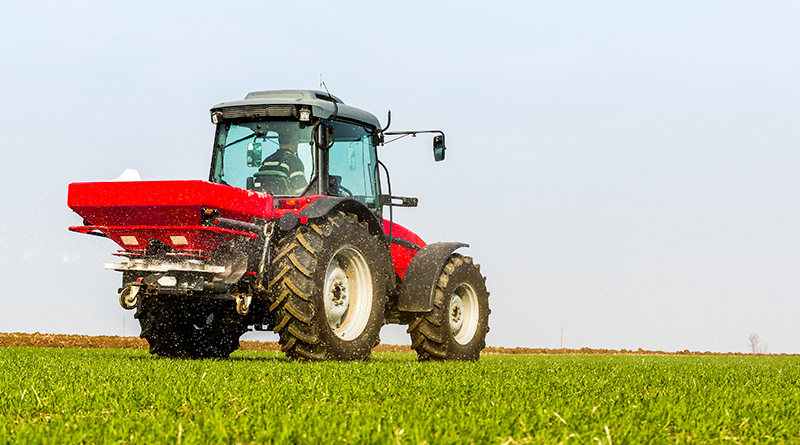
Buying farm or ranch equipment is a significant investment, and choosing the right dealer is just as important as selecting the right machine. Partnering with a trusted farm and ranch equipment supplier ensures you receive not only quality machinery but also expert advice and dependable service throughout your ownership journey. Asking the appropriate questions before making any purchases will help you avoid expensive blunders and make sure you’re working with a dealer who genuinely understands your needs.
Here are the top questions to ask before buying from a farm equipment dealer:
- What Brands And Models Do You Carry?
Not all equipment dealers offer the same brands or product ranges. Some specialize in compact utility tractors, while others focus on large-scale farming machinery. Ask which manufacturers the dealer represents and whether they carry both new and used equipment.
It’s also helpful to find out how the dealer chooses which equipment to stock. Are the brands known for reliability? Is there a range of models that suit different acreage sizes or agricultural applications?
- Can You Help Me Choose The Right Equipment For My Needs?
A knowledgeable dealer should be more than just a salesperson—they should act as a trusted advisor. Ask if the dealer can help assess your needs based on your land size, crop or livestock type, and specific tasks.
Whether you’re looking for a multi-purpose tractor or specialized attachments, the right dealer will guide you toward equipment that maximizes productivity without overspending.
- Do You Offer On-Site Demonstrations Or Test Drives?
Seeing equipment in person is one thing—testing it is another. Ask if the dealer offers on-site demonstrations or trial use before purchase. This can help you get a feel for controls, comfort, performance, and whether the machine fits your land conditions.
Hands-on experience ensures you’re not relying solely on specs or sales brochures to make a decision.
- What’s Included In The Purchase Price?
Transparency in pricing is essential. Be sure to ask what’s included with your equipment purchase. Does the price cover delivery, setup, and basic operator training? Are any attachments, implements, or warranties included?
Understanding what’s part of the deal helps avoid unexpected costs and gives you a clearer picture of the total investment.
- What Financing Or Leasing Options Do You Provide?
Farm equipment can be a substantial expense, so it’s important to explore your payment options. Many dealers offer financing, leasing, or seasonal payment plans that align with agricultural cash flows.
Ask about interest rates, down payment requirements, and whether financing is handled in-house or through a third-party provider. This gives you the flexibility to acquire the right equipment without compromising your budget.
- How Do You Manage Repairs And Maintenance?
A trustworthy dealer won’t disappear after the sale. Ask about their service department—how quickly they can respond to breakdowns, whether they offer mobile repair services, and if they stock common replacement parts.
Regular maintenance is essential for long-term equipment health, and a dealer that provides full-service support can save you both time and money in the long run.
- Do You Offer Operator Training Or Technical Support?
If you’re new to a particular machine or technology, training can make a big difference. Ask if the dealer provides guidance on safe operation, regular maintenance, and troubleshooting. Some even offer in-person training or video tutorials to get you up and running faster.
- What Is Your Warranty And Return Policy?
Before you sign on the dotted line, ask about the manufacturer’s warranty and whether the dealer offers any additional protection. How long is the coverage, and what does it include? What is the return or exchange policy if the equipment doesn’t meet expectations?
Clear warranty terms give you peace of mind and reflect a dealer’s confidence in their products.
Final Thoughts
Buying farm or ranch equipment is a decision that affects your productivity and livelihood for years to come. By asking the right questions—about product options, support services, pricing, and long-term value—you can make an informed decision that supports your operation’s success.
